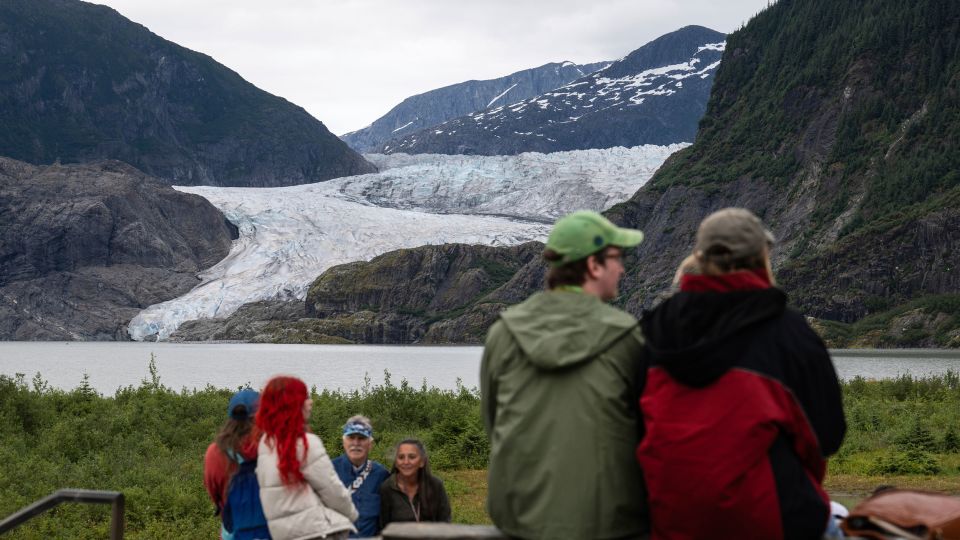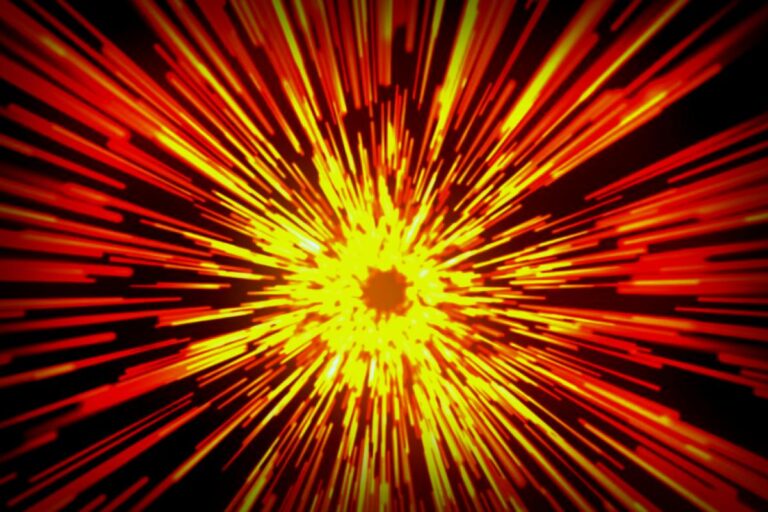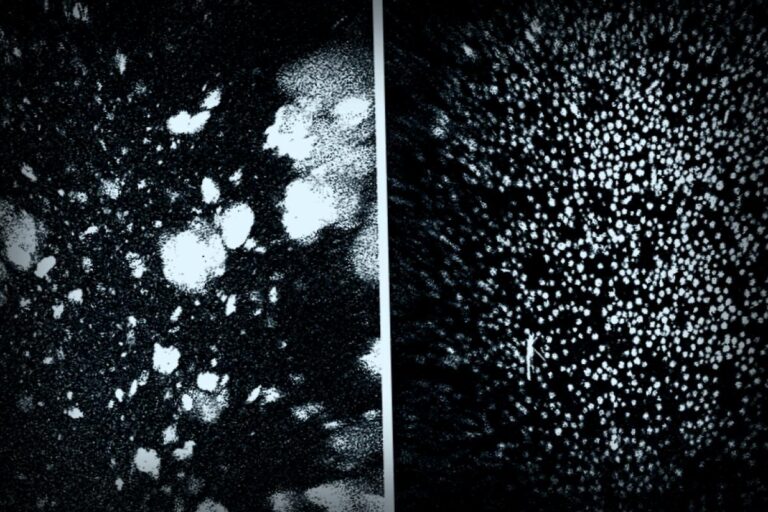Once again, Alaska is bracing for some serious flooding as water gushes out from a glacier, putting Juneau at risk of major flooding for the third August in a row.
According to local authorities, a “glacial outburst” is happening at Suicide Basin, which means that serious flooding is expected along Mendenhall Lake and River. Residents in areas vulnerable to rising waters, particularly within a 17-foot inundation zone, are being advised to evacuate until the floodwaters subside.
The phenomenon known as a glacial lake outburst occurs when a body of water formed by melting ice and rain rapidly spills out, similar to unplugging a filled bathtub. This specific event is linked to Mendenhall Glacier and a crater called Suicide Basin, located approximately 10 miles from the center of Juneau.
Since the National Weather Service issued the initial flood warning on Tuesday, the Mendenhall River has surged about 6 feet. It entered a major flood stage—Level 4—early on Wednesday and was quickly approaching 15 feet. Experts say that once the river reaches this height, some homes along the river are expected to be in danger of flooding. It’s predicted to peak at approximately 16.6 feet by late Wednesday morning, surpassing last year’s record.
As the river rose overnight, it was strong enough to sweep in large trees, creating even more hazardous conditions. Meteorologist Andrew Park from the National Weather Service cautioned, “This is extremely dangerous right now. It’s best to stay away if you can. Keep an eye out for large debris if you are on the water.”
The water levels have risen swiftly since the outburst began late Tuesday morning, with reports of serious flooding in Mendenhall Lake, including areas gathering over three feet of water by that evening.
In the previous year, a similar outburst sent the river soaring to 15.99 feet, resulting in destruction for over 100 homes and prompting city officials to label the flooding as “unprecedented.” Notably, the anticipated peak in the current event is expected to exceed the height reached during last summer’s glacial flooding by a full foot.
Officials Urge Immediate Evacuations
In a proactive measure, Juneau has installed a flood barrier in affected areas. There are about 1,000 residents and businesses in this compromised section, which the city spokesperson confirmed on Tuesday. As conditions worsen, officials are urging residents in flood-prone areas to evacuate immediately, underscoring the urgency with messages like “Don’t wait, Evacuate TONIGHT.”
Republican Senator Lisa Murkowski has echoed these sentiments, emphasizing the seriousness of the situation and urging those in danger to seek emergency shelters.
On the state level, Alaska Governor Mike Dunleavy announced a disaster declaration on Sunday, intended to streamline aid and resources for emergency responders.
“Acting swiftly can make a difference in saving lives and properties. By taking preemptive steps, we can better support local communities and ensure safety amidst these developments,” Dunleavy stated.
Juneau, the state capital of Alaska, has approximately 33,000 residents and is unique in its location, surrounded by coastal waters to the west and south.

Why Is This A Recurring Problem?
Glacial lake outbursts have become increasingly common since 2011, worsening each year particularly since 2023. This flooding event is yet another effect of climate change driven by fossil fuel emissions.
The Arctic—including popular locations in Alaska—is warming at a rate twice that of the global average, resulting in more glaciers melting and thinning. The transformation of the Suicide Basin indicates how rising temperatures have turned once-icy expanses into EARTH-filled bathtubs capable of overflowing each summer.
Research indicates upwards of 10 to 15 million people globally live in areas susceptible to glacial lake outburst floods like the one currently threatening Juneau. Studies reveal that as global temperatures continue to rise, glaciers worldwide will lose mass more quickly, leading to larger glacial lakes and consequently more flooding events in the future.
CNN’s Eric Zerkel, Zenebou Sylla, and meteorologist Briana Waxman contributed to this report.
For keeping up with the latest news and updates, make sure to visit CNN.com.



















